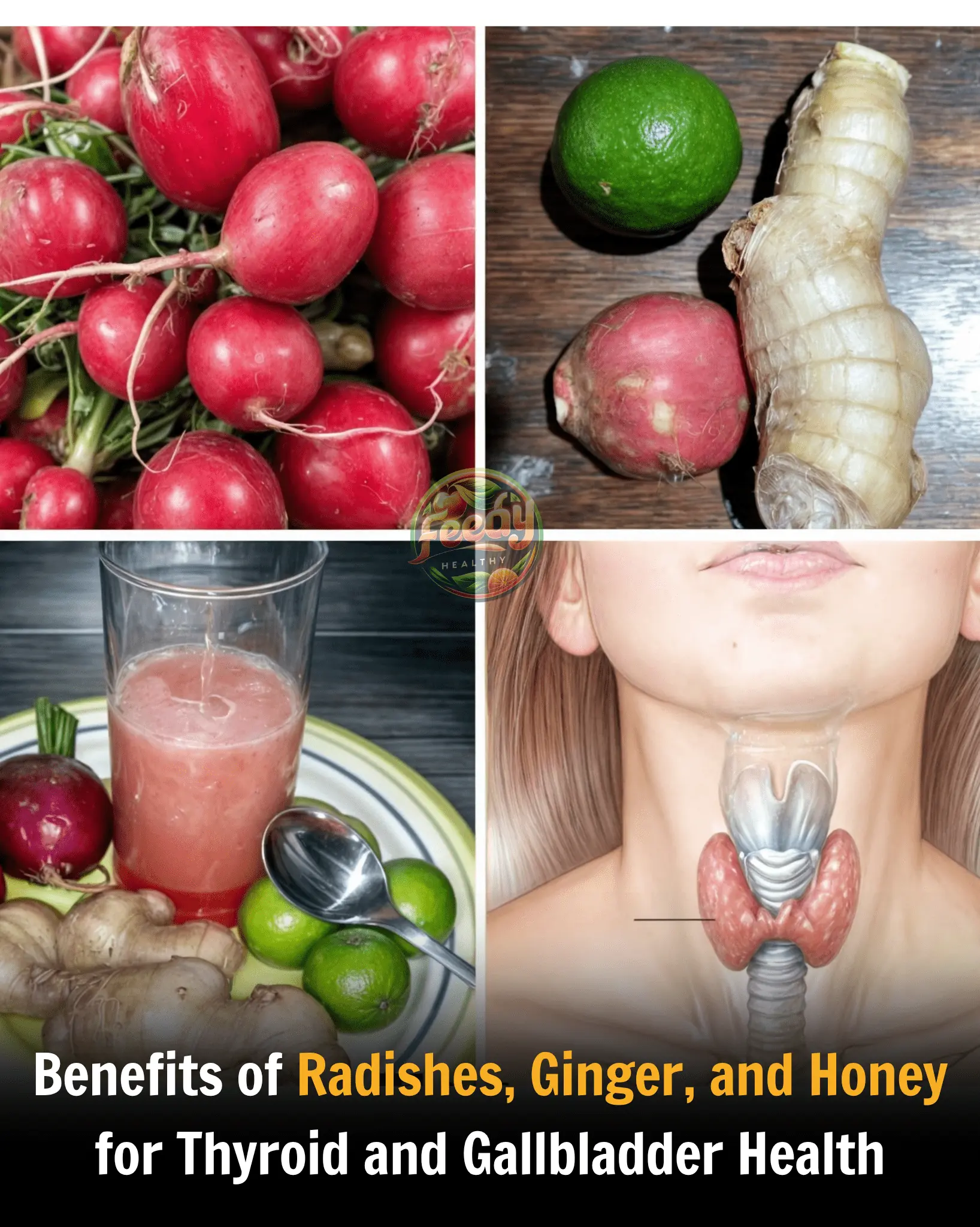
Symptoms to Detect Breast Cancer: What You Need to Know
Breast cancer is one of the most common diseases among women, affecting millions of people around the world. Early detection is crucial for increasing survival rates and improving the quality of life for those diagnosed. That’s why it is essential to know the most common symptoms and to pay attention to any changes in your body. In this article, we’ll provide useful and accessible information about the symptoms of breast cancer and the importance of early detection.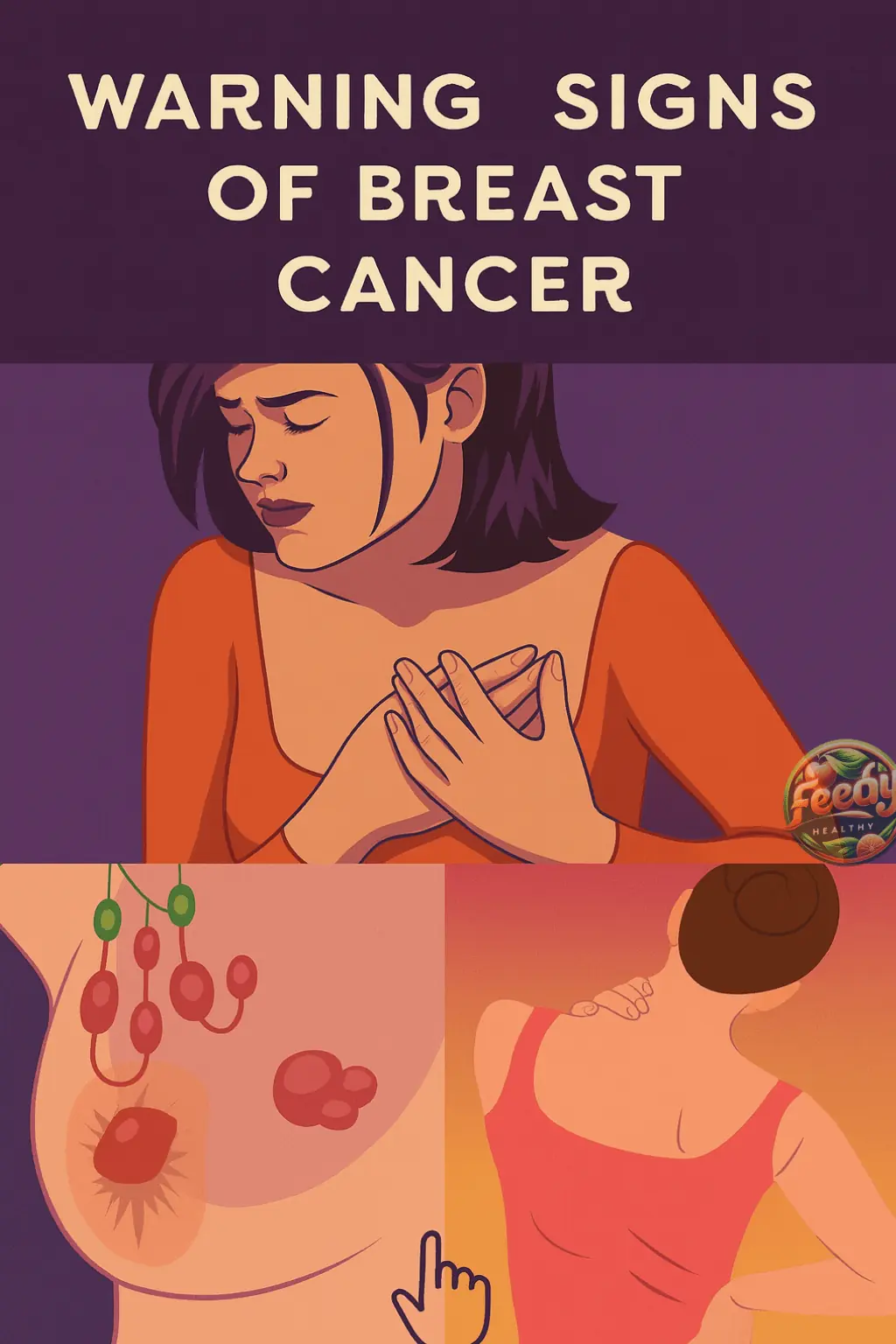
Warning Signs of Breast Cancer
Warning signs of breast cancer can vary, but one of the most recognized is the appearance of lumps or masses in the breast. These lumps may be painless or cause discomfort. However, not all lumps are cancerous. It is important that any change in the breast is evaluated by a medical professional.
In addition to lumps, other signs to watch for include changes in the shape or size of your breasts, as well as skin texture. The skin may become thicker or show irregularities such as dimpling or wrinkling. You may also notice redness or swelling in the affected area. These symptoms can be subtle and easily overlooked, which underscores the importance of regular self-exams.
Detecting Changes in Your Body
Self-examination is a powerful tool for early breast cancer detection. It is recommended that all women begin performing monthly breast self-exams starting at age 20. Choosing a specific day of the month to do this can help you remember. You can perform the exam in the shower or in front of a mirror to better identify any changes or abnormalities.
Another important sign to consider is breast pain or discomfort. While many women experience breast tenderness due to their menstrual cycle, any persistent pain should be discussed with a healthcare provider. Sometimes, pain may be a symptom of a more serious condition and should not be ignored.
The Importance of Mammograms
Clinical exams and mammograms are recommended methods to detect breast cancer before obvious symptoms appear. Mammograms can detect tumors that are not noticeable through self-examination. The frequency of mammograms depends on your personal and family medical history, as well as your age. Generally, it is recommended to begin annual mammograms at age 40, though this may vary.
It’s essential to maintain open communication with your doctor about any concerns you may have. Early diagnosis can make a significant difference in the treatment and recovery process. If there is a family history of breast cancer, your doctor may recommend more frequent screenings.
Living Consciously and Preventing Cancer
In addition to being alert to symptoms and performing self-exams, it is important to maintain a healthy lifestyle to help prevent breast cancer. A balanced diet rich in fruits, vegetables, and whole grains, along with regular physical activity, plays a key role in overall health and may reduce cancer risk.
Avoiding excessive alcohol consumption and maintaining a healthy weight are also important for prevention. Many studies have shown that smoking increases the risk of several types of cancer, including breast cancer. Quitting smoking can improve your overall health and lower your risk of illness.
Emotional Support Is Essential
Receiving a cancer diagnosis can be frightening and overwhelming. It’s important to remember that you are not alone. Seek emotional support through support groups, family, and friends. Talking about your feelings and experiences can help ease the emotional burden of the disease.
In addition, many organizations offer resources and support for those facing breast cancer. Don’t hesitate to seek help—you are not alone, and there are people ready to support you every step of the way.
Conclusion
Early detection of breast cancer is key to improving the chances of successful treatment. Being aware of symptoms and bodily changes, performing regular self-exams, and maintaining a healthy lifestyle are important steps in caring for your health. Don’t underestimate the value of medical checkups and mammograms—they are essential tools in the early detection of this disease. Your health is a priority, and staying informed is the first step toward protecting it.
News in the same category


Why Do Couples Start Sleeping Separately After Age 50?

The Deep Meaning of Holding Hands: Emotional Connections and Symbolism
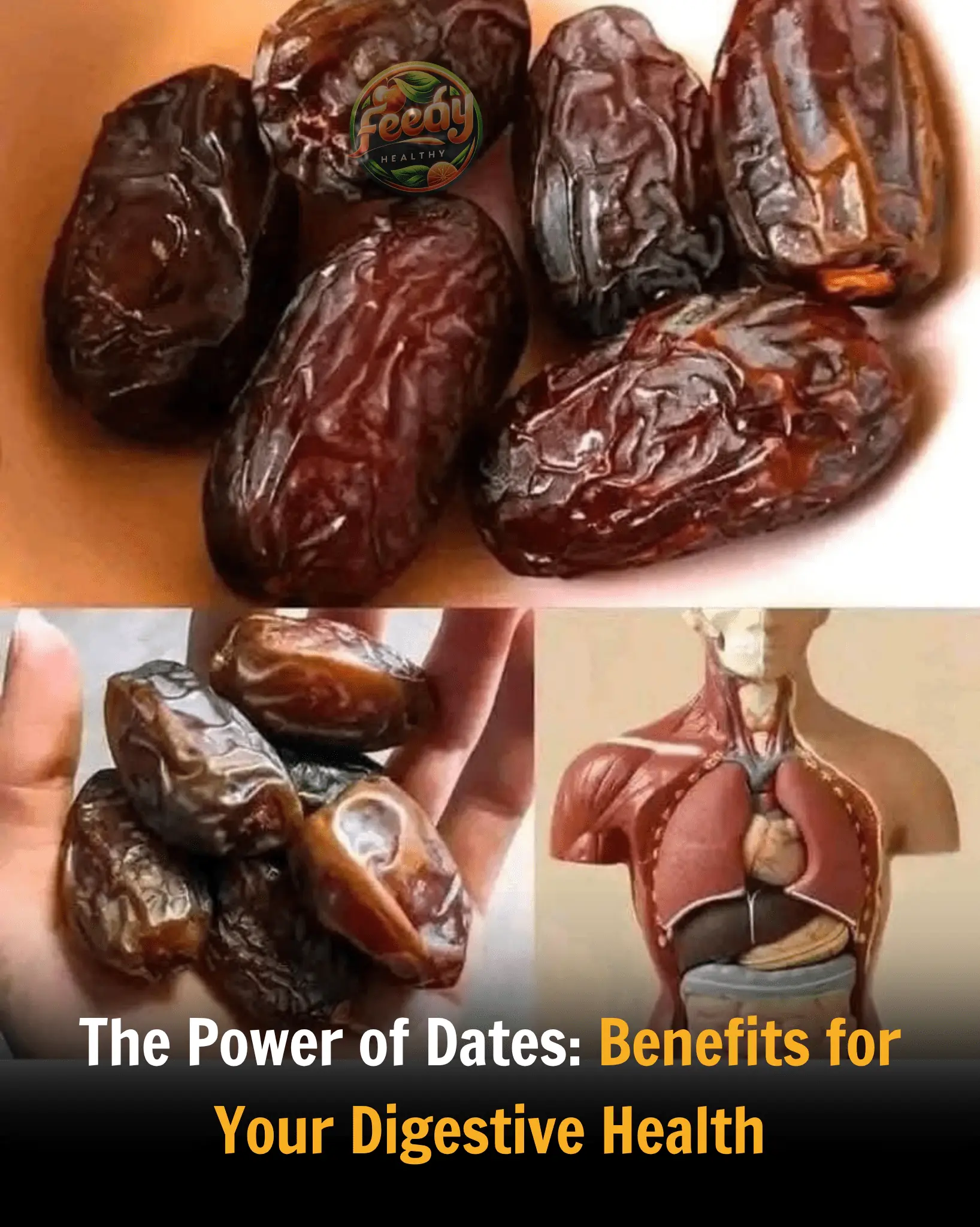
The Power of Dates: Benefits for Your Digestive Health

Natural Power Drink to Cleanse the Liver and Blood Vessels: Just 2 Ingredients!
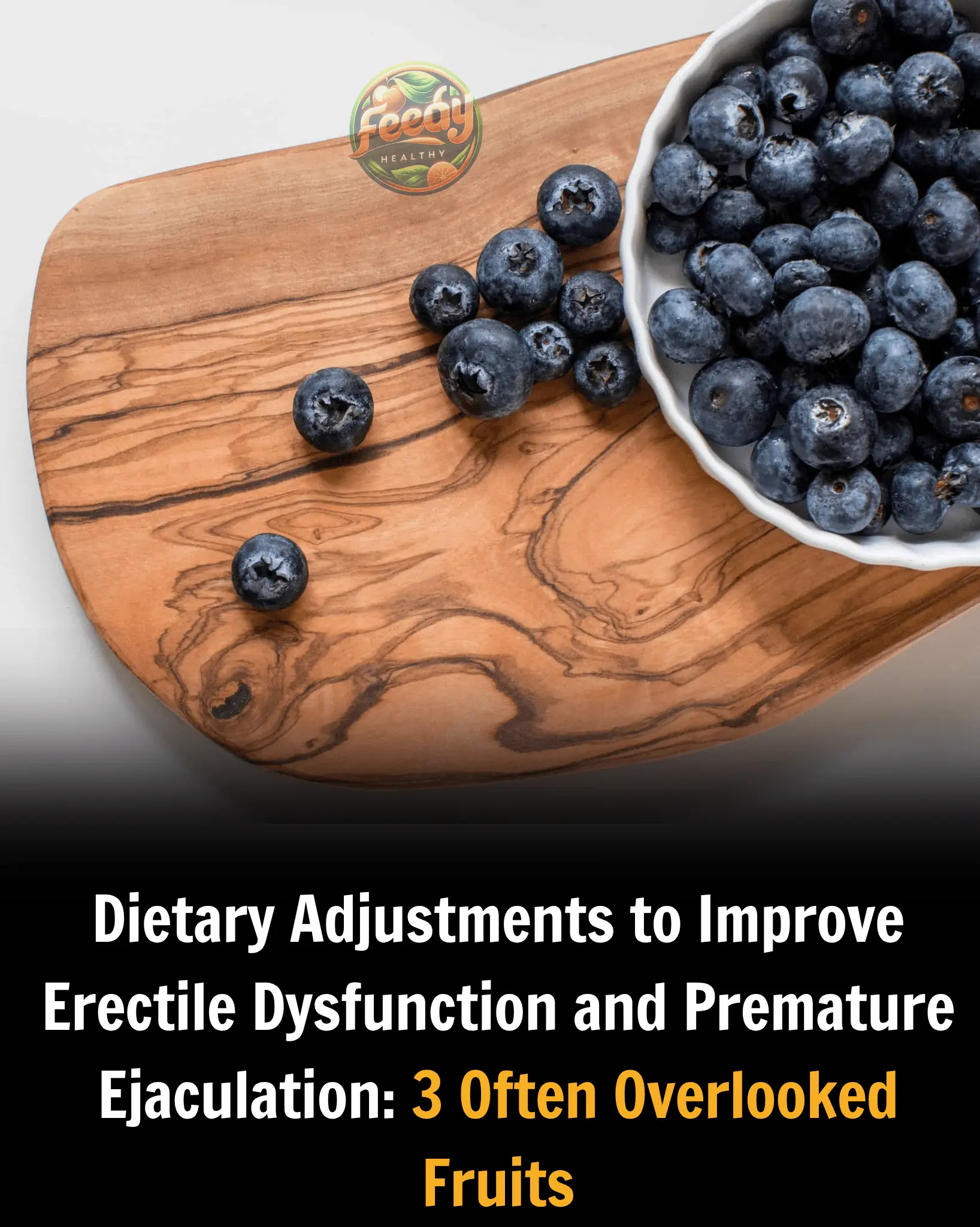
Dietary Adjustments to Improve Erectile Dysfunction and Premature Ejaculation: 3 Often Overlooked Fruits

The Most Harmful Drink for Your Blood Vessels – You Might Be Drinking It Every Day Without Knowing!
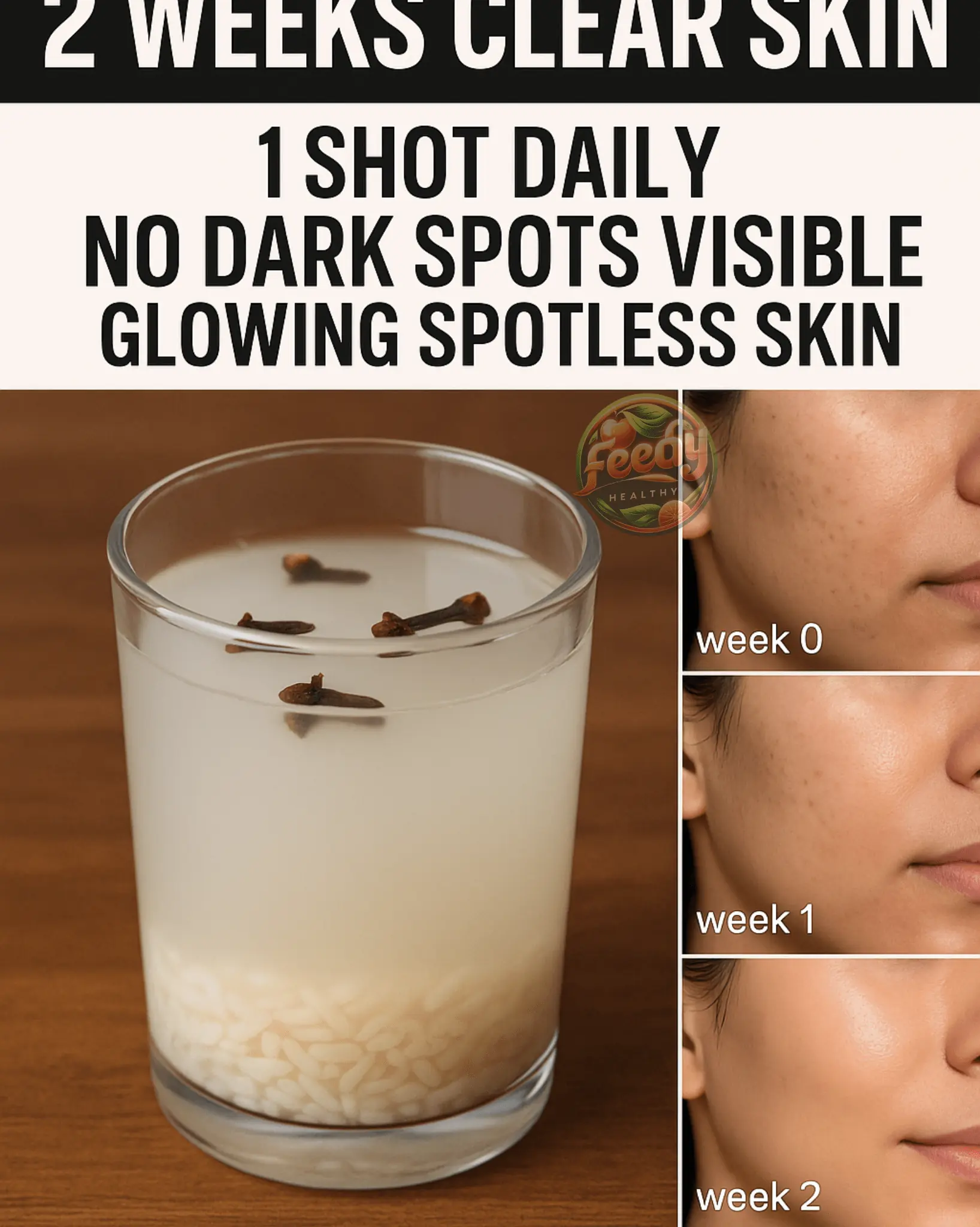
Ginger Clove Shot For Glowing Skin

Aneurysm: Warning Signs You Should Never Ignore to Protect Your Brain Health

Old Doctors Swear By This: Castor Oil & Baking Soda Treat 19 Health Issues – Results in Just 48 Hours!
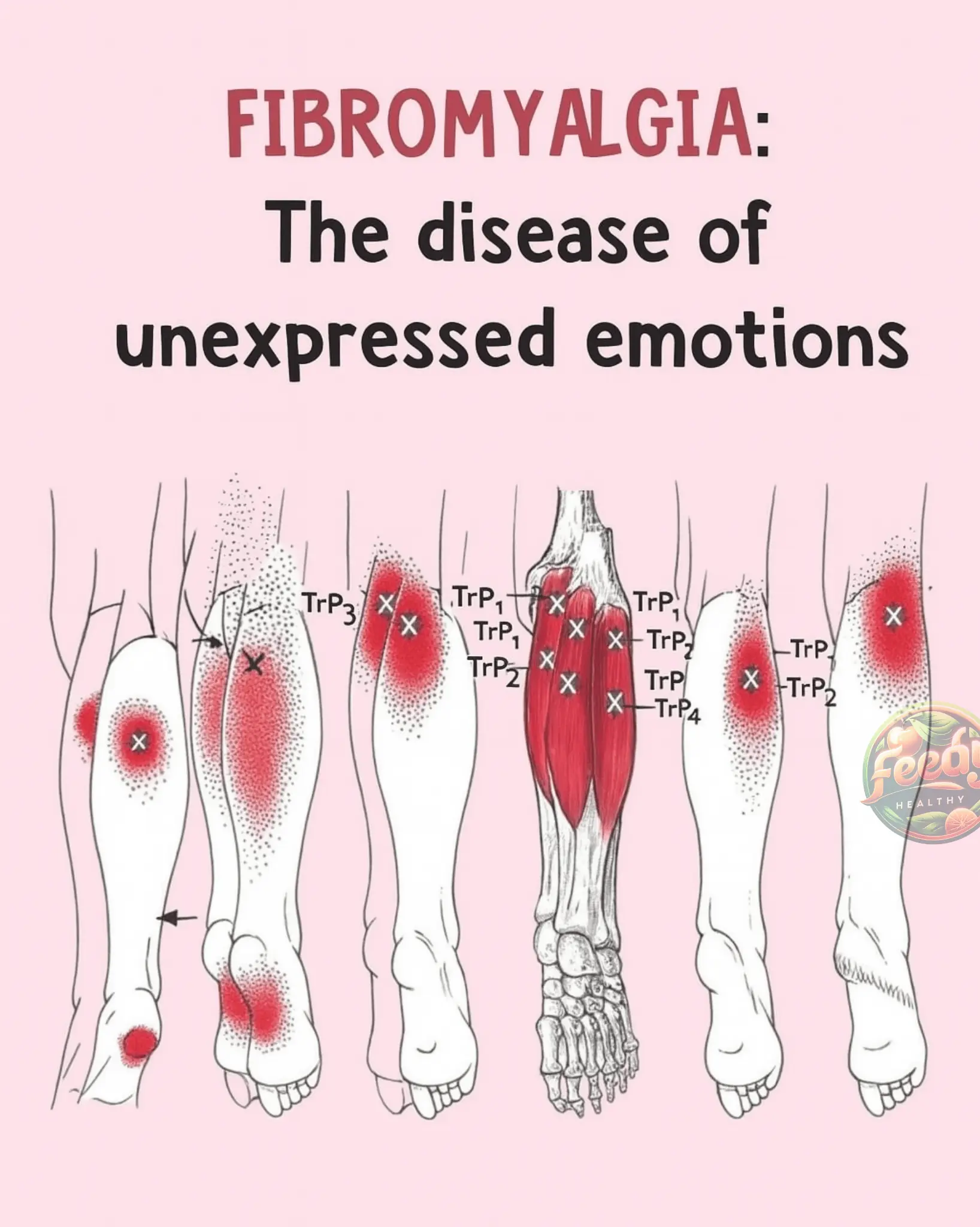
Fibromyalgia: How to Manage It with Natural Remedies and a Healthy Lifestyle

Scientists Found The Hidden Factor Behind the Global Infertility Crisis, And It’s Terrifying
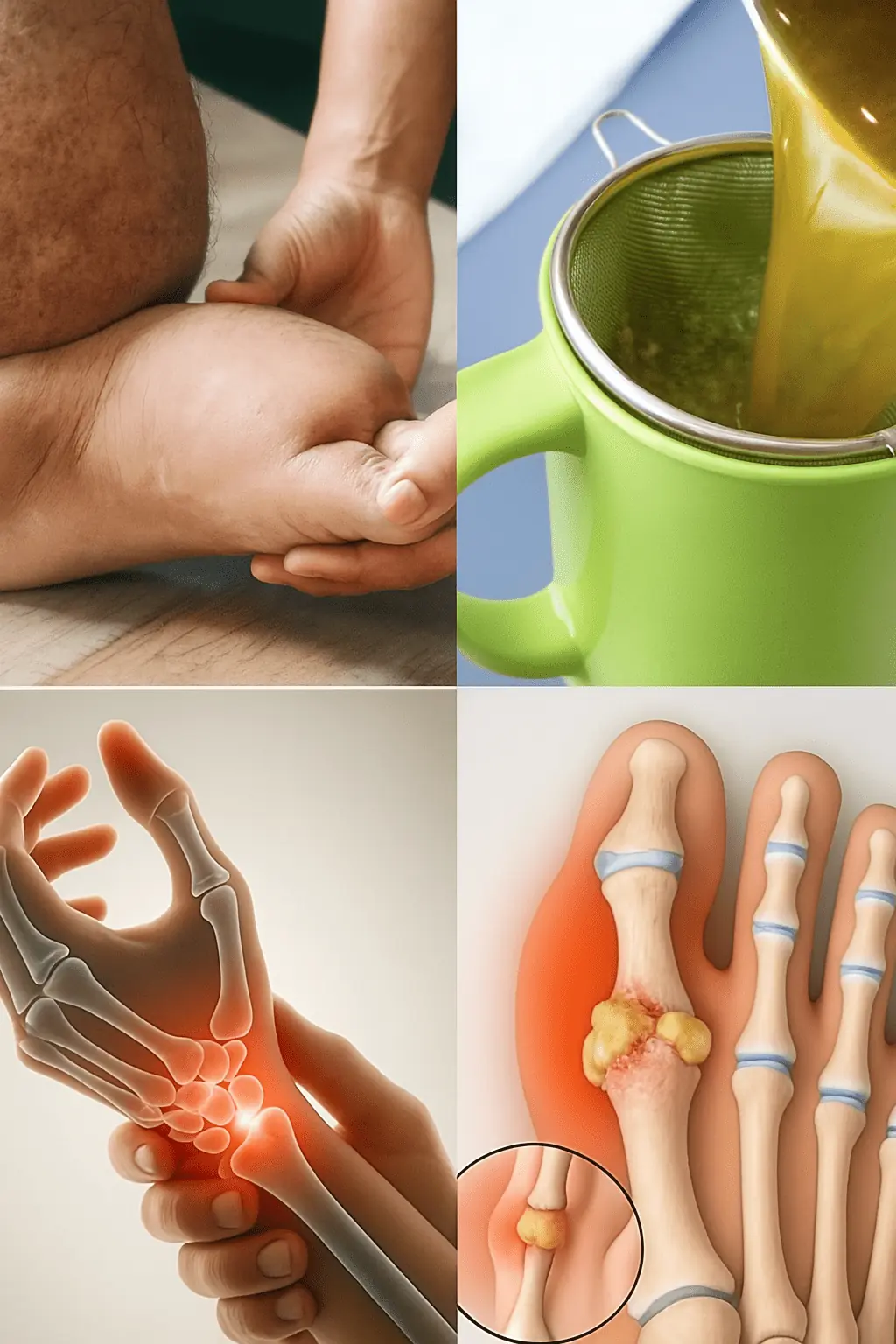
Drink This Natural Tea to Relieve Swelling in Legs, Ankles, and Feet

At 60, I Healed Cancer, High Blood Pressure, Diabetes, and Poor Circulation – Thanks to This Natural Drink
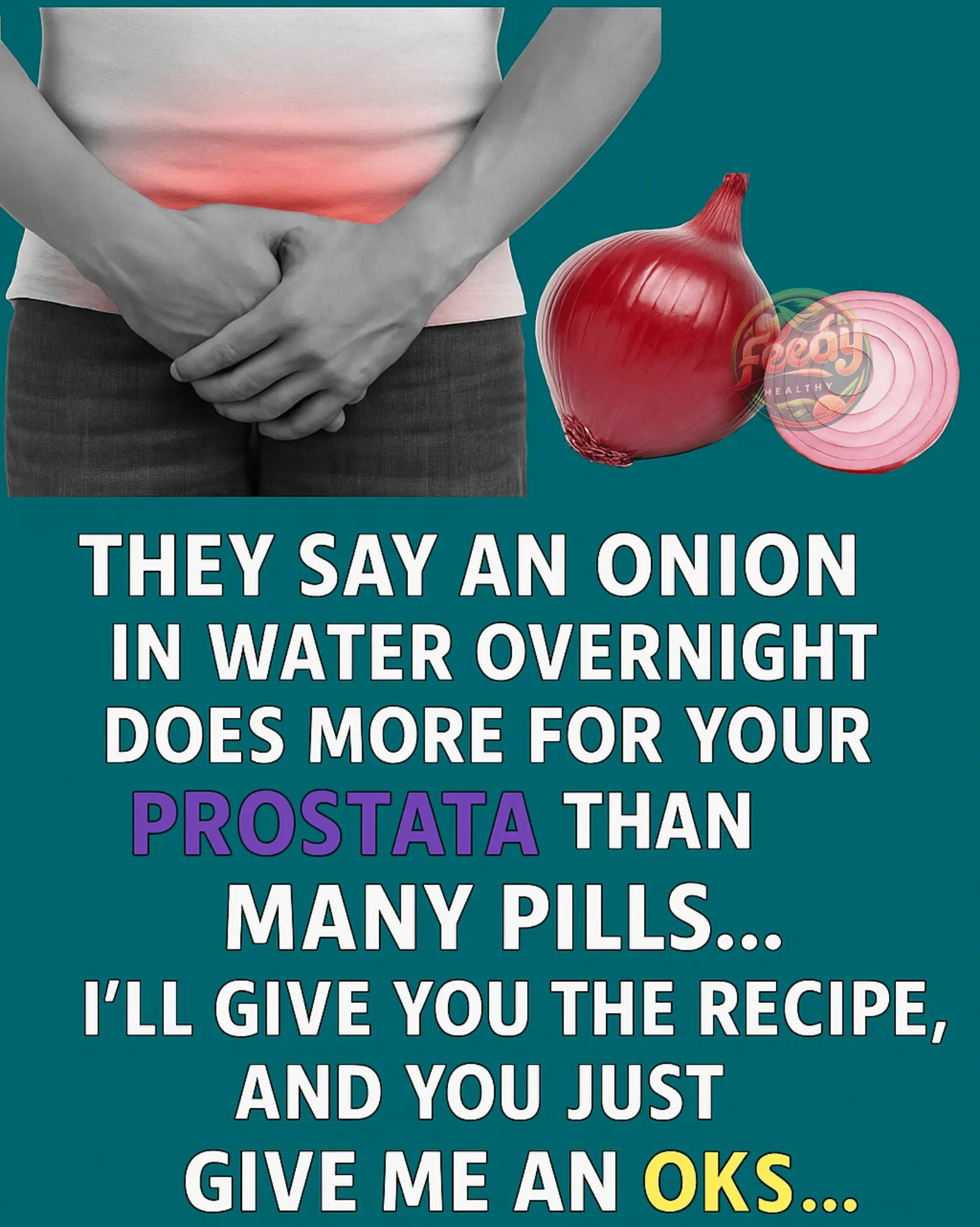
Benefits of Onion in Water: A Natural Remedy for the Prostate

Eliminates bloated belly, clears urinary infections, and cleanses fatty liver.

Expert Reveals: Why a Boiled Egg Could Transform Your Health
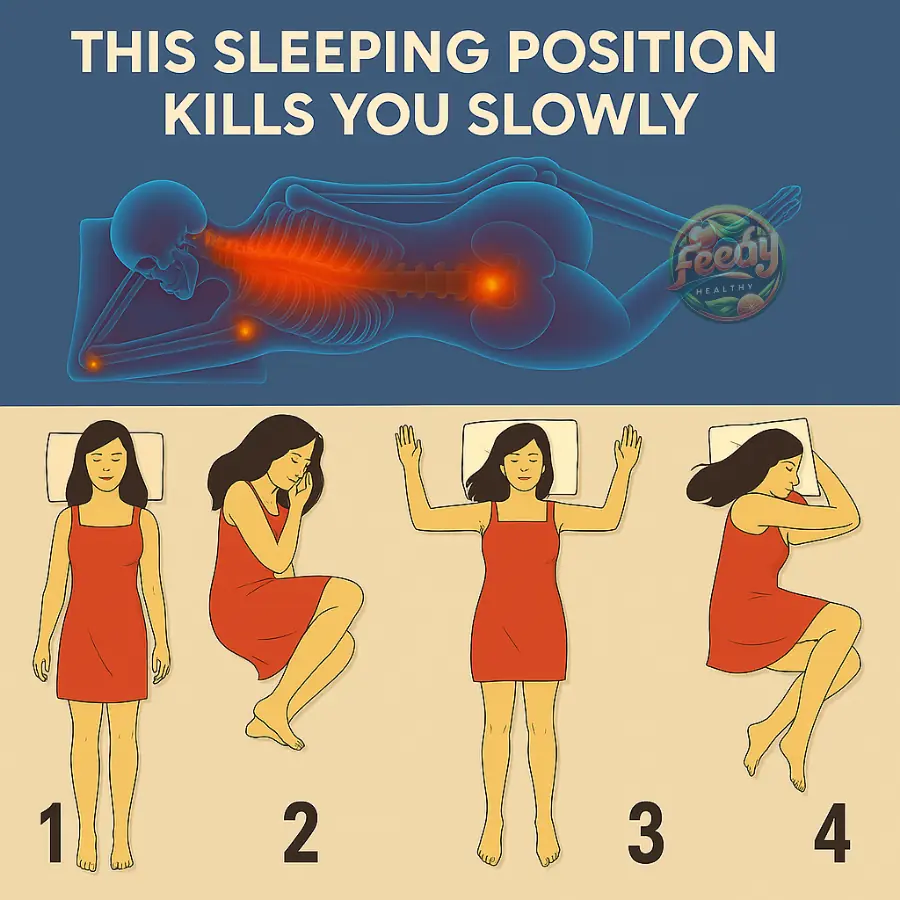
The Most Dangerous Sleeping Position: What You Didn’t Know
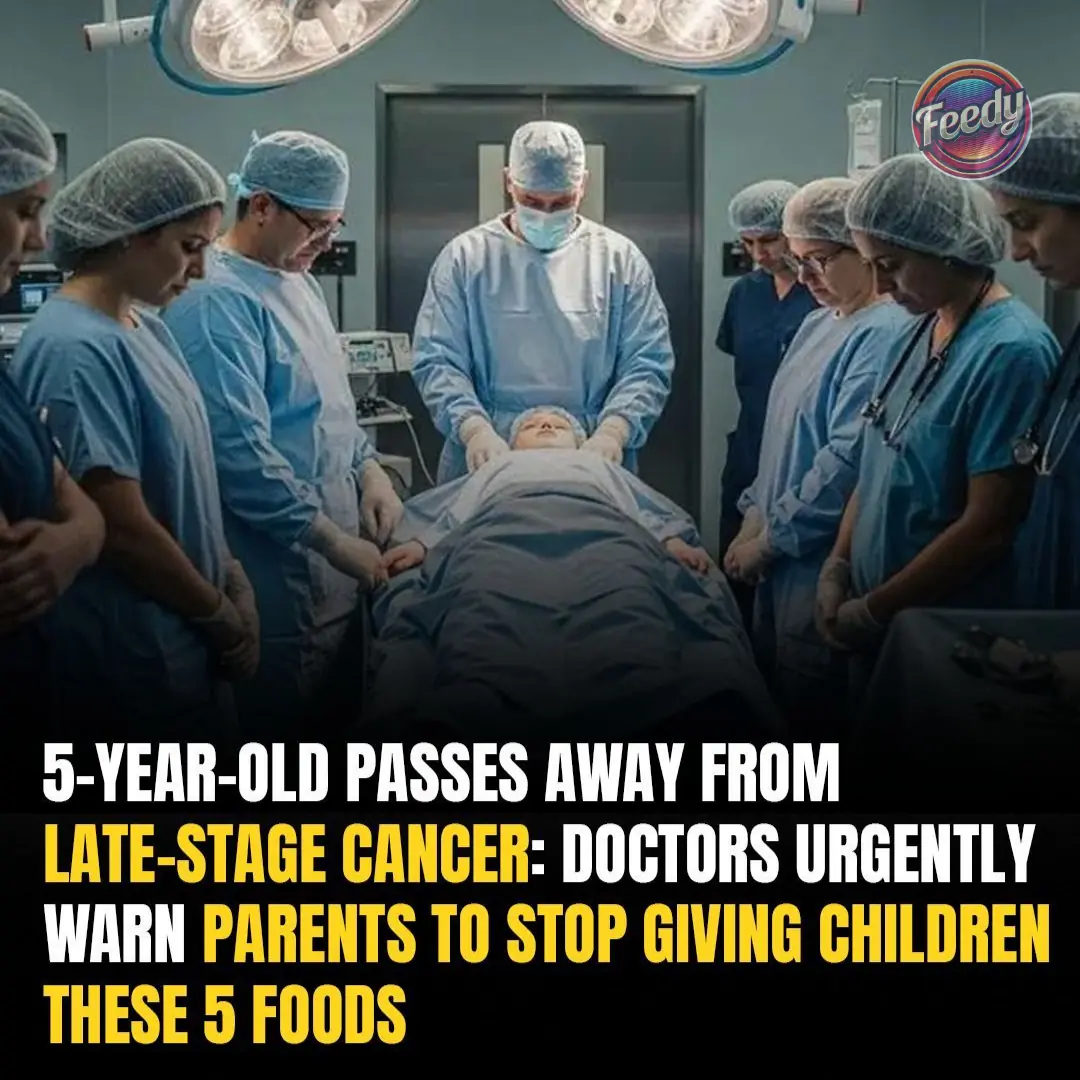
5 Things Doctors Say You Should Never Give Your Kids to Help Prevent Cancer
News Post

Benefits of Radishes, Ginger, and Honey for Thyroid and Gallbladder Health

Why Do Couples Start Sleeping Separately After Age 50?

Earth Plunged Into Darkness For Six Minutes In Rare Event Not Seen In A Century

Toggle menu Newsner Stories EN Newsner Stories EN Now we pay tribute to the animal lovers who saved the dog completely covered in tar – what heroes! Now we pay tribute to the animal lovers who saved the dog completely covered in tar – what heroes!

The Deep Meaning of Holding Hands: Emotional Connections and Symbolism

The Power of Dates: Benefits for Your Digestive Health

Natural Power Drink to Cleanse the Liver and Blood Vessels: Just 2 Ingredients!

Little girl walks into police dog auction alone — what followed brought everyone to tears

NASA Monitors Plane-Sized Asteroid Speeding Toward Earth at 47,000 MPH

4 Things You Should Never Say at a Funeral — No Matter What

Point Nemo: The Most Remote Place on Earth—Closer to Space Than Humanity

🍓 Strawberry Oreo Parfait Cups

🍰 Blue Oreo Drip Cake (Cookies & Cream Delight)

🧁 Mini Pistachio No-Bake Cheesecakes

🍓 Strawberry & White Chocolate Shaved Ice Sundae

🍵 Pistachio Shaved Ice Sundae

Staying at Home with Your Children is Harder Than Going to Work

This is why you should keep the bathroom light on when sleeping in a hotel

🍫🫐 Chocolate Blueberry Lavender Cake
